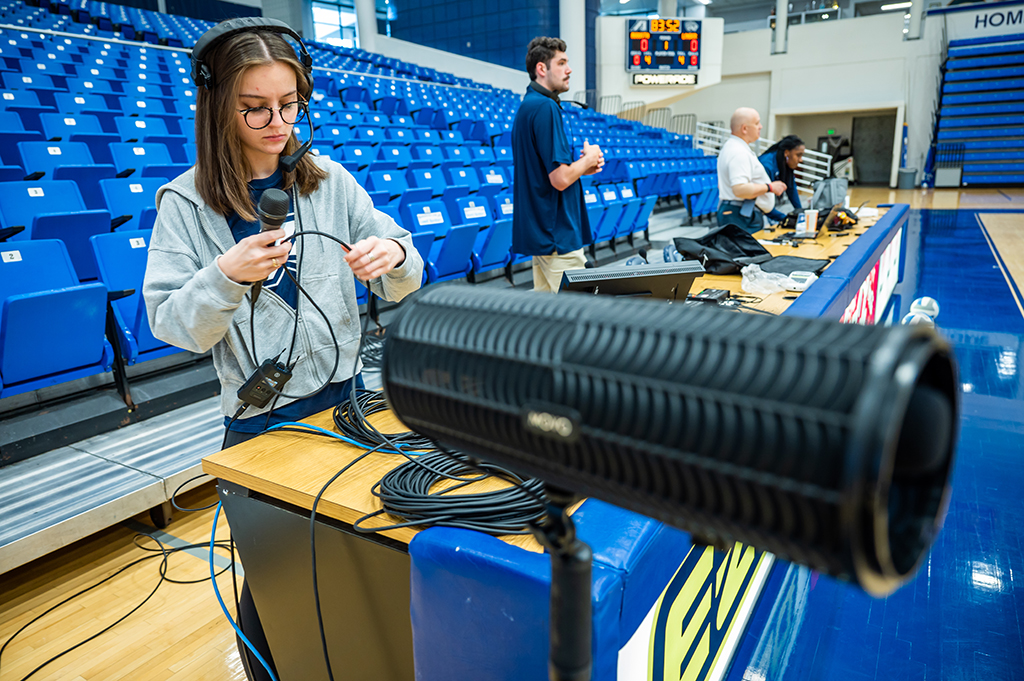In the quest for weight loss, many individuals grapple with the challenge of shedding fat while preserving lean muscle mass. One of the common tools that people turn to in this journey is weight loss pills. While the market is flooded with various options, understanding how these supplements can aid in maintaining lean muscle mass is crucial for achieving sustainable results. Weight loss pills come in different formulations, each designed to support the body in various ways. Some primarily focus on appetite suppression, others on fat absorption, and a few even enhance metabolism.
Appetite Suppressants
One of the most common types of weight loss pills is appetite suppressants. By reducing hunger signals, these pills can help individuals consume fewer calories. However, it is essential to choose products that not only curb appetite but also support nutrient intake. A well-balanced diet rich in protein is vital for muscle preservation. Weight loss pills that promote satiety without leading to nutrient deficiencies can be particularly beneficial in maintaining lean muscle.
Fat Burners
Fat burners are another category of weight loss pills that can indirectly help in muscle maintenance. These supplements often contain ingredients that boost metabolism or increase the rate of fat oxidation. When the body utilizes fat for energy instead of muscle protein, it can help preserve lean mass during a calorie deficit. Ingredients like caffeine, green tea extract, and capsaicin have been shown to enhance fat metabolism, making them valuable allies in weight loss while protecting muscle tissue.

Muscle Sparing Ingredients
Some weight loss pills incorporate ingredients specifically aimed at preserving lean muscle mass. For instance, branched-chain amino acids BCAAs are essential in preventing muscle breakdown. They can help stimulate protein synthesis and reduce muscle soreness, making them an excellent addition to any weight loss regimen. Supplements containing BCAAs can be particularly useful for individuals engaging in resistance training while on a calorie deficit, as they provide the necessary support for muscle preservation.
Importance of Resistance Training
While weight loss pills can aid in maintaining muscle mass, they should never replace the fundamental importance of exercise. Engaging in regular resistance training is critical for stimulating muscle growth and preservation. Combining weight loss pills with a structured workout plan can significantly enhance results. By maintaining an active lifestyle, individuals can better ensure that the weight lost comes from fat rather than muscle.
A Balanced Approach
The key to effective weight loss lies in a balanced approach. While weight loss pills can offer assistance, they should complement a healthy diet and exercise regimen rather than act as a standalone solution. Consulting with healthcare professionals before starting any supplement is also essential, as they can provide guidance tailored to individual needs and health conditions.
By understanding their functions such as appetite suppression, fat burning, and muscle-sparing ingredients individuals can make informed choices. Coupled with a balanced diet and regular resistance training, phenq weight loss pills can help create an effective strategy for achieving lasting weight loss while preserving valuable muscle tissue.




